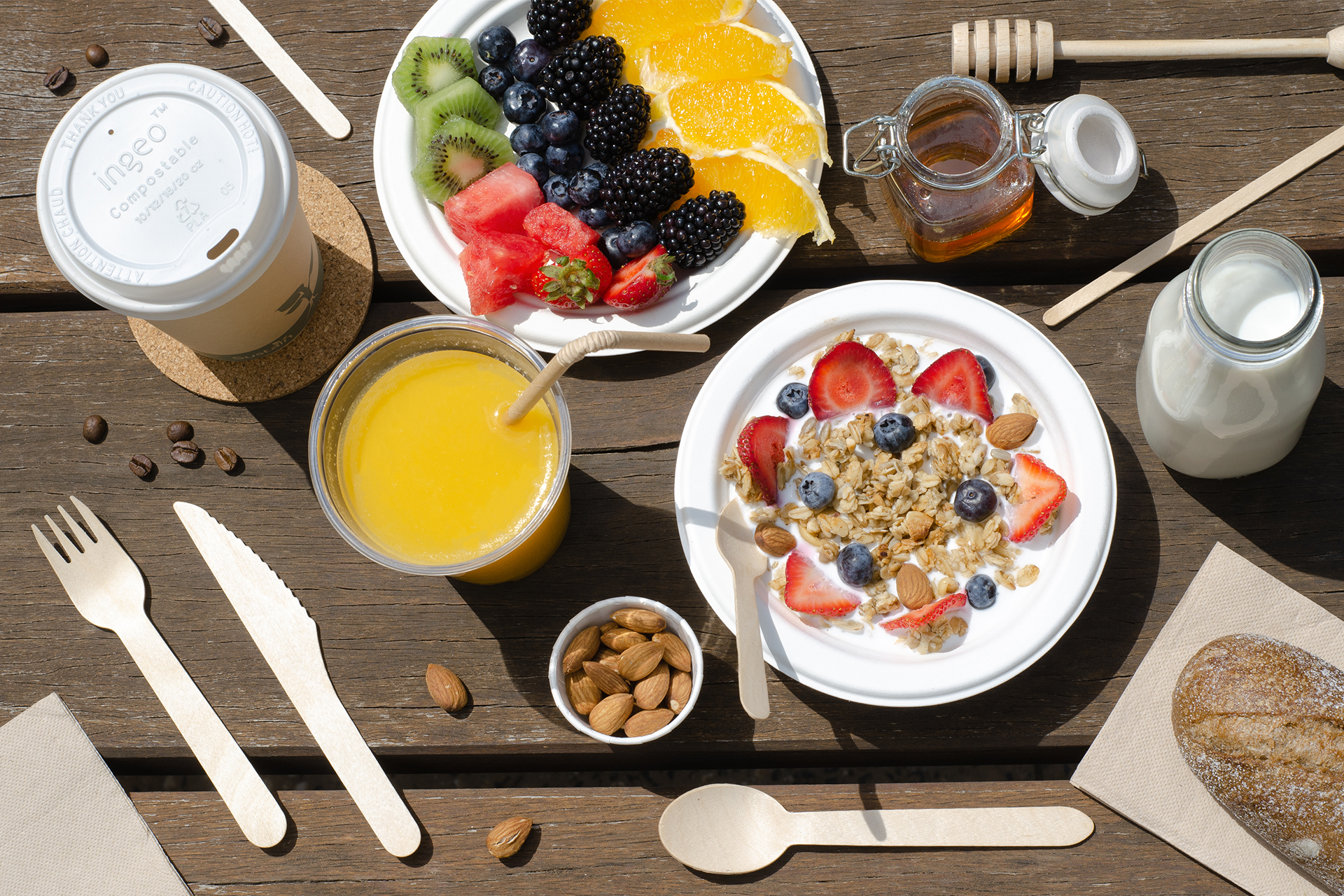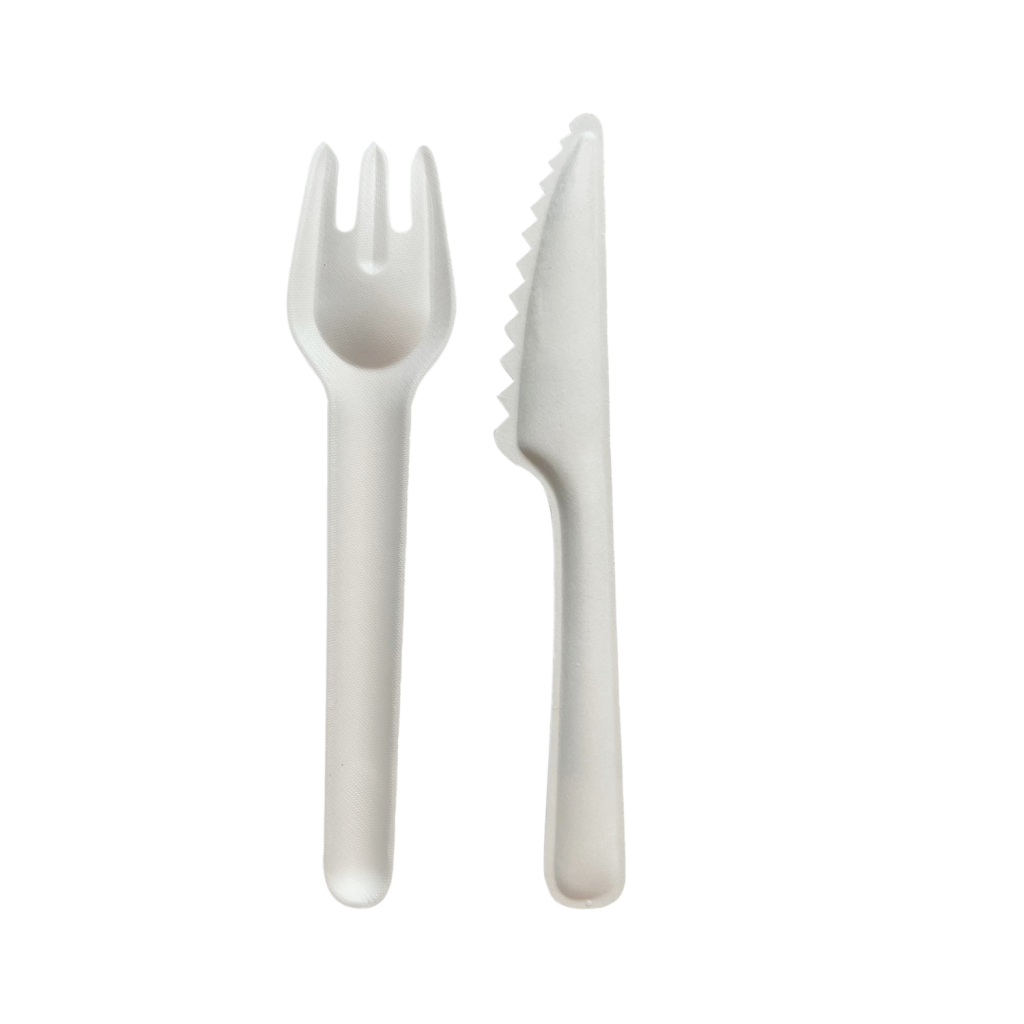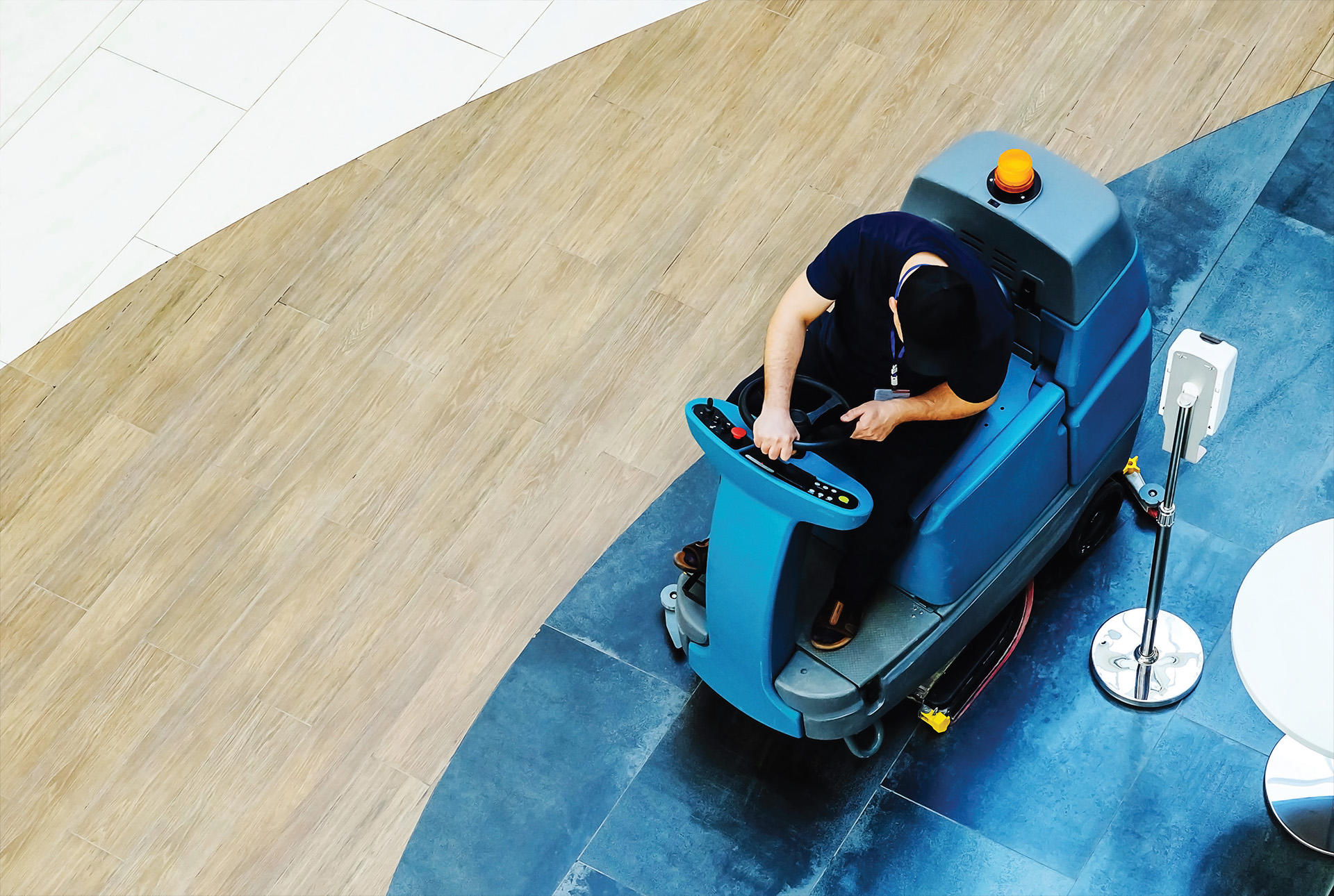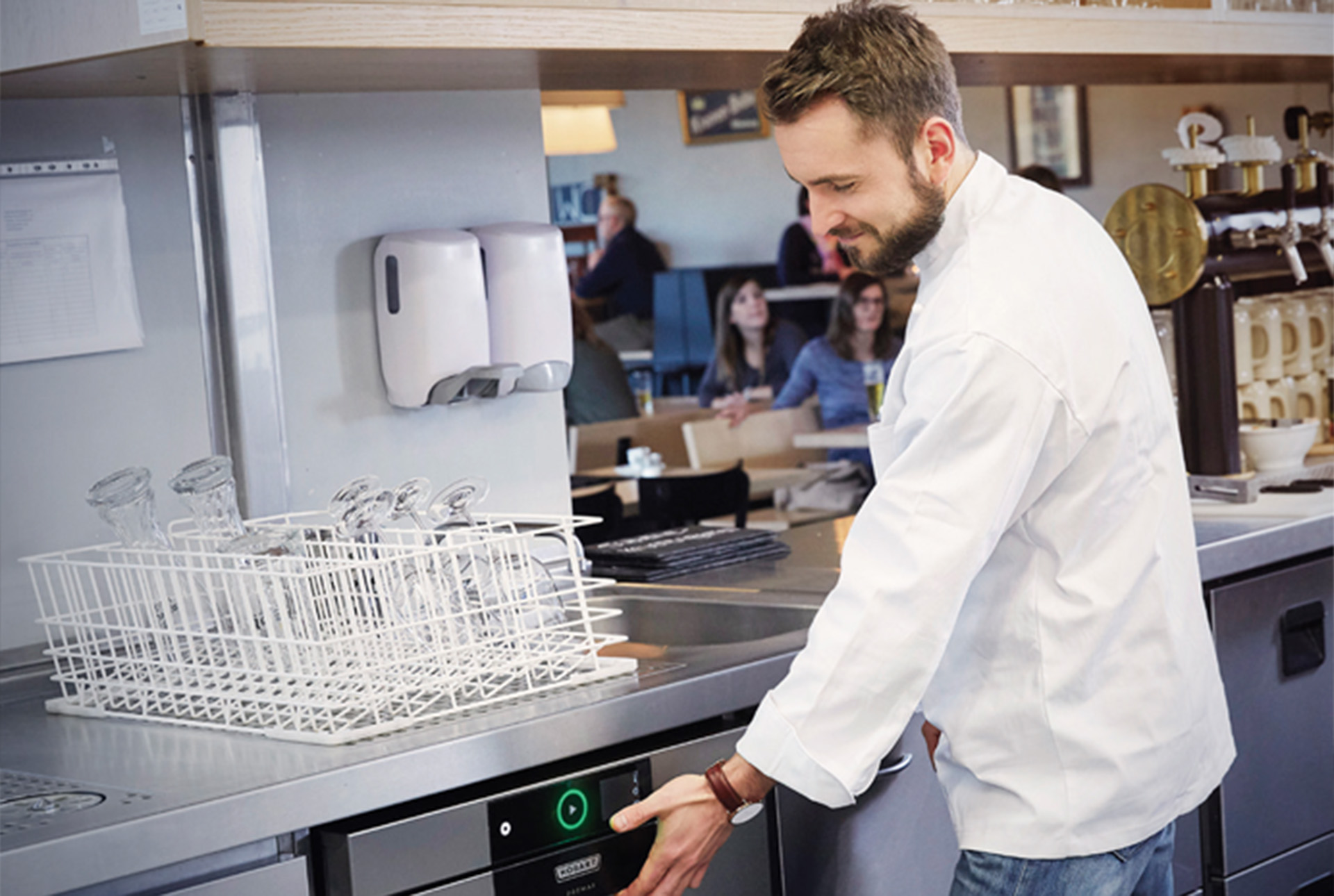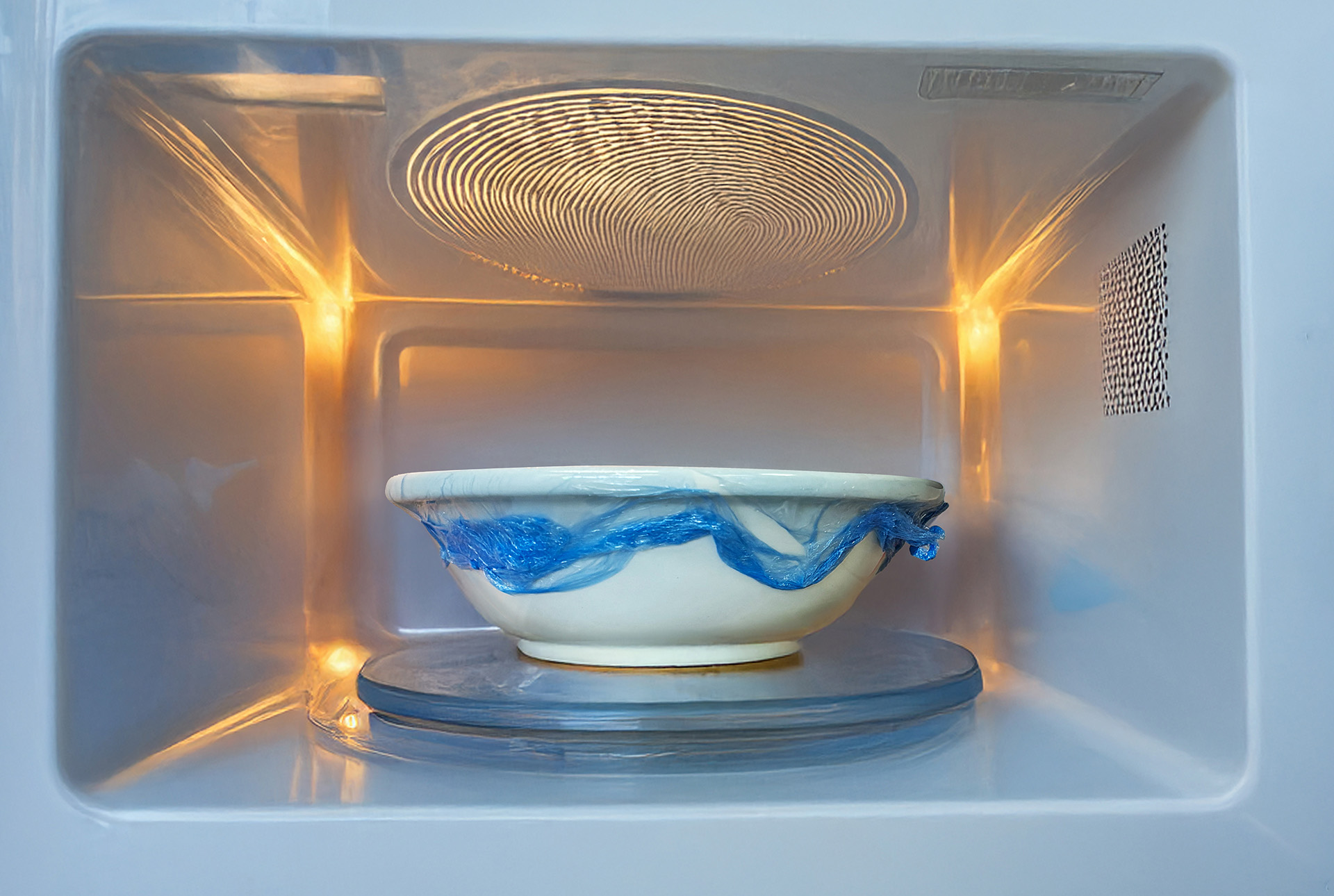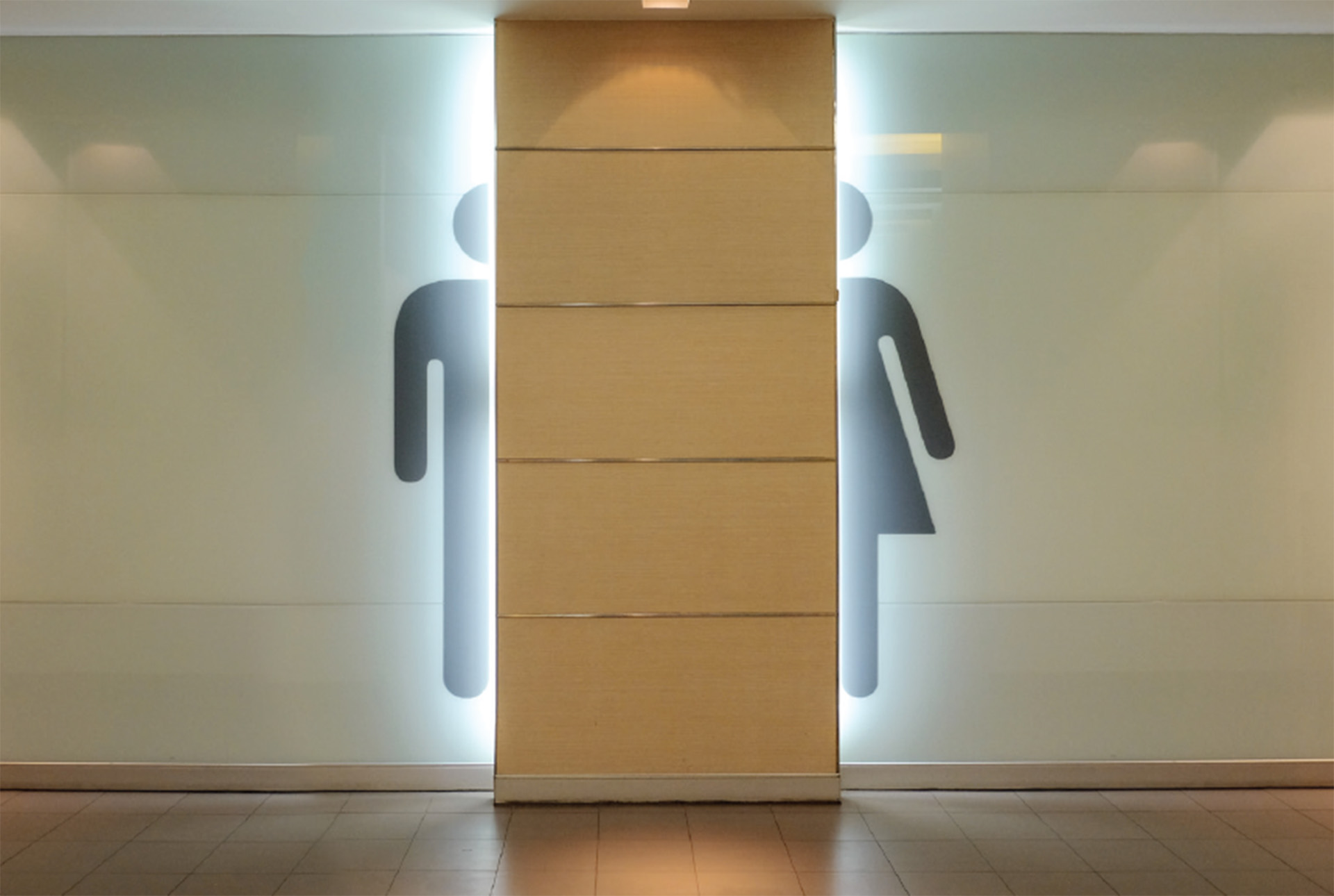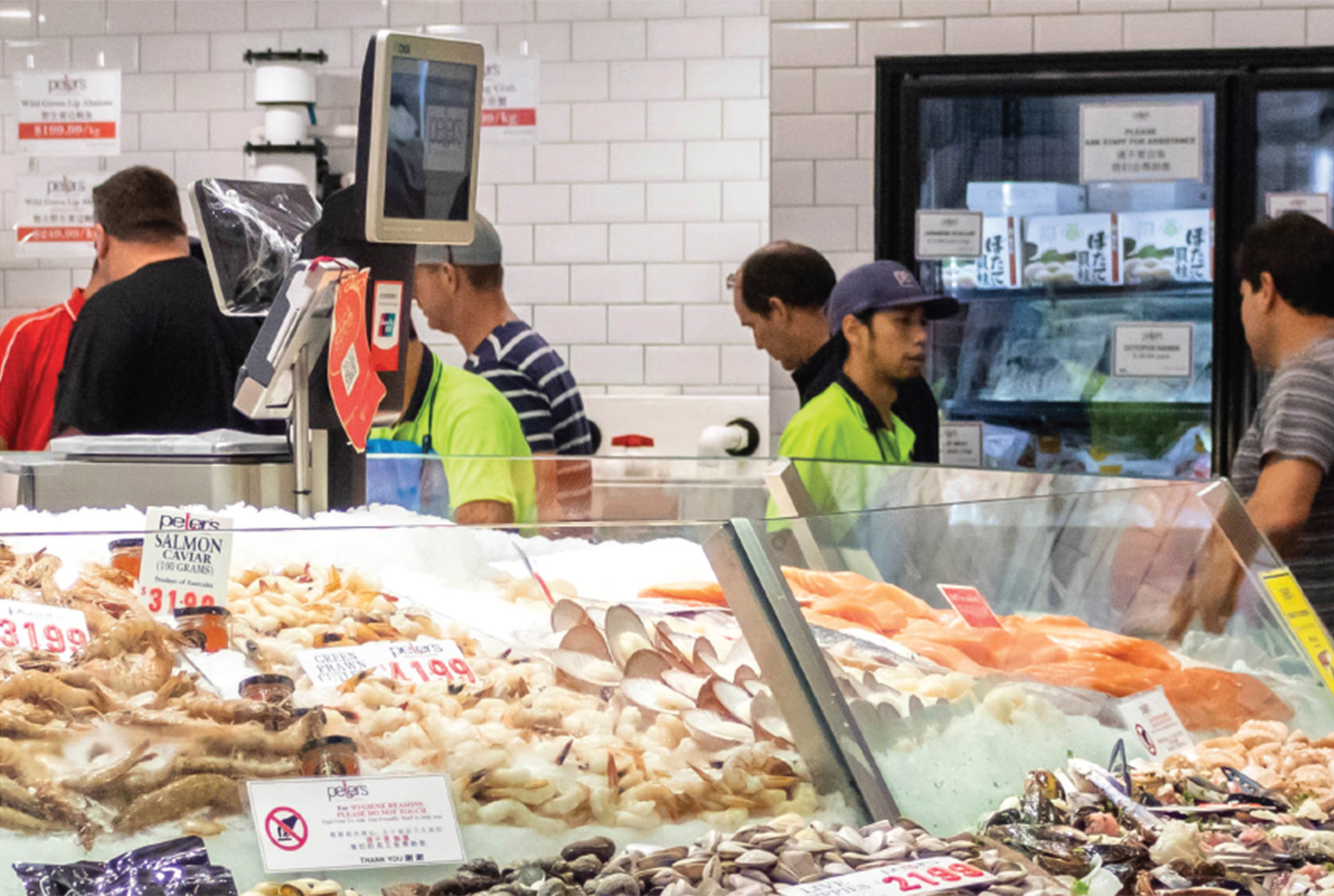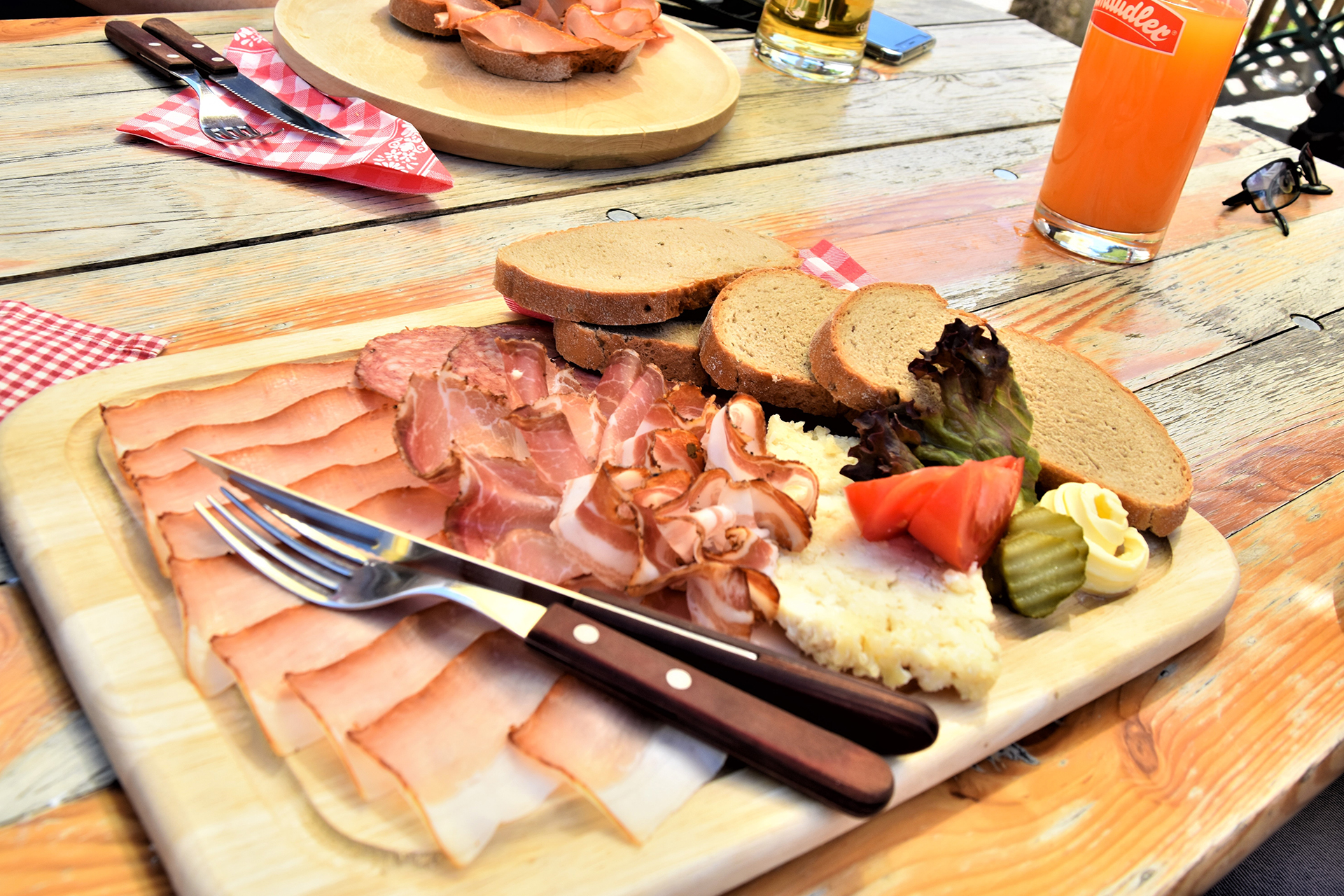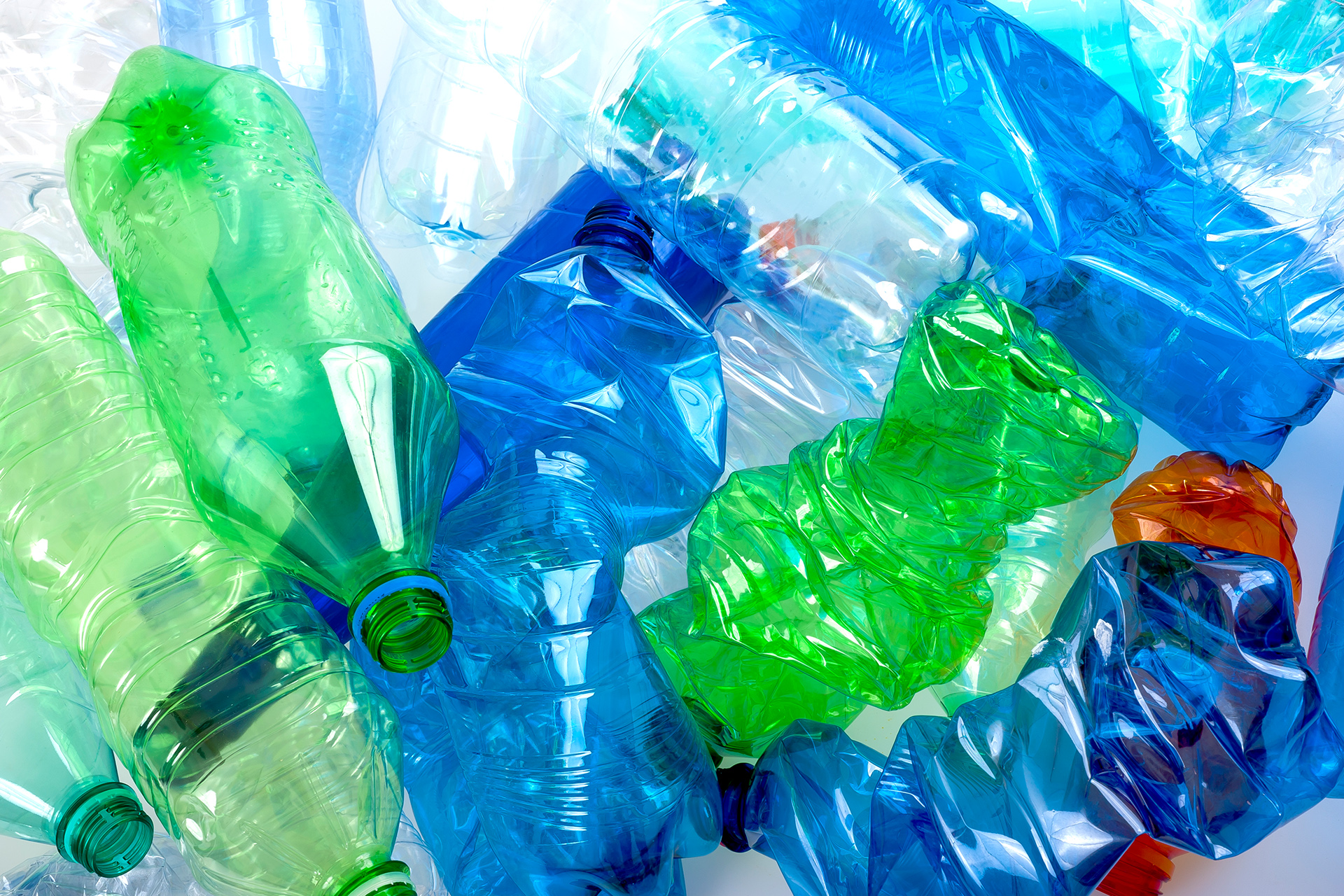Sustainability terminology can be confusing. Renewable, recyclable, compostable. . . and the list goes on. Then there’s the consideration of waste collection, sorting and processing. It seems to be almost impossible to find the silver bullet solution – so what should you choose?
If you’re looking to reduce the environmental impact of food service disposable products, then this information will help.
When it comes to food service disposables Sustain offers a more sustainable option for items such as cups, tableware, cutlery and straws. Sustain has approached the question by answering what it is made of, and what can be done with it after use.
The Sustain range is made from plants and is 100% oil-based plastic free. Plants are renewable resources, meaning once you take some for use, more can be easily replenished.
Made from renewable resources (trees, grasses, corn-starch for bio-plastics or crop by-products like sugarcane pulp), we’ve summarised the different materials used to create the Sustain range to help you make an informed choice:
- Bio-Plastics (PLA or PBS) – plastics derived from natural resources such as sugarcane, cassava or corn starch. The starch contained within the plant is processed to produce a polymer. Unlike oil-based plastics, which take millions of years to form and hundreds of years to degrade, bio-plastics renew annually and can be commercially composted.
- Bagasse – is a by-product from sugar cane harvesting. The fibrous material is a renewable resource made from a waste product, thus reduces waste. Bagasse is processed into packaging products using heat, pulp and pressurised into moulds. This makes them heat resistant and microwavable making it ideal for hot food containers – while remaining compostable. Bagasse is 100% plastic free.
- Sustainable Forest Paper & Wood – card/paper or wood used to make our products, farmed from a responsibly managed forest.
- Bamboo – fast growing, can be harvested without killing the root system, and does not require fertiliser, pesticides or chemical herbicides to promote its growth.
Sustain packaging is commercially compostable, which means it is designed to be collected and commercially composted with your food waste. The product will only degrade under specific criteria created within a commercial facility. During composting, compostable products will break down into carbon dioxide (CO2), water, inorganic compounds and biomass which leaves no visible contaminants or toxic residue.
Under the right conditions, composting is where a product breaks down naturally. After composting in a commercial facility all Sustain products will compost into a nutrient dense food waste, and that’s great for growing more plants.

